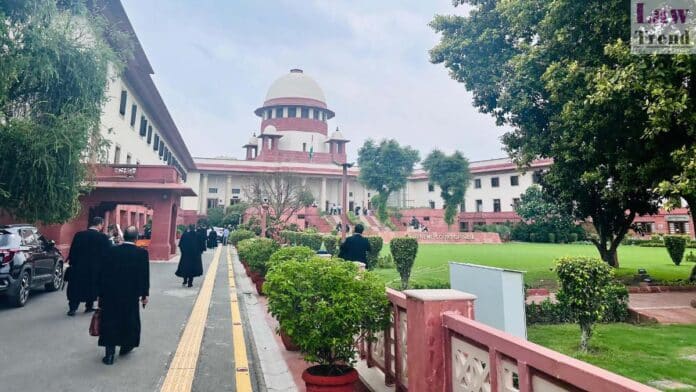The Supreme Court of India has dismissed appeals related to a nearly century-old dispute between two community sects in Andhra Pradesh, holding that an executing court cannot order the execution of a decree “on mere presumption without any proof.” In a judgment delivered on November 11, 2025, a bench of Justice Prashant Kumar Mishra and
To Read More Please Subscribe to VIP Membership for Unlimited Access to All the Articles, Download Available Copies of Judgments/Order, Acess to Central/State Bare Acts, Advertisement Free Content, Access to More than 4000 Legal Drafts( Readymade Editable Formats of Suits, Petitions, Writs, Legal Notices, Divorce Petitions, 138 Notices, Bail Applications etc.) in Hindi and English.




